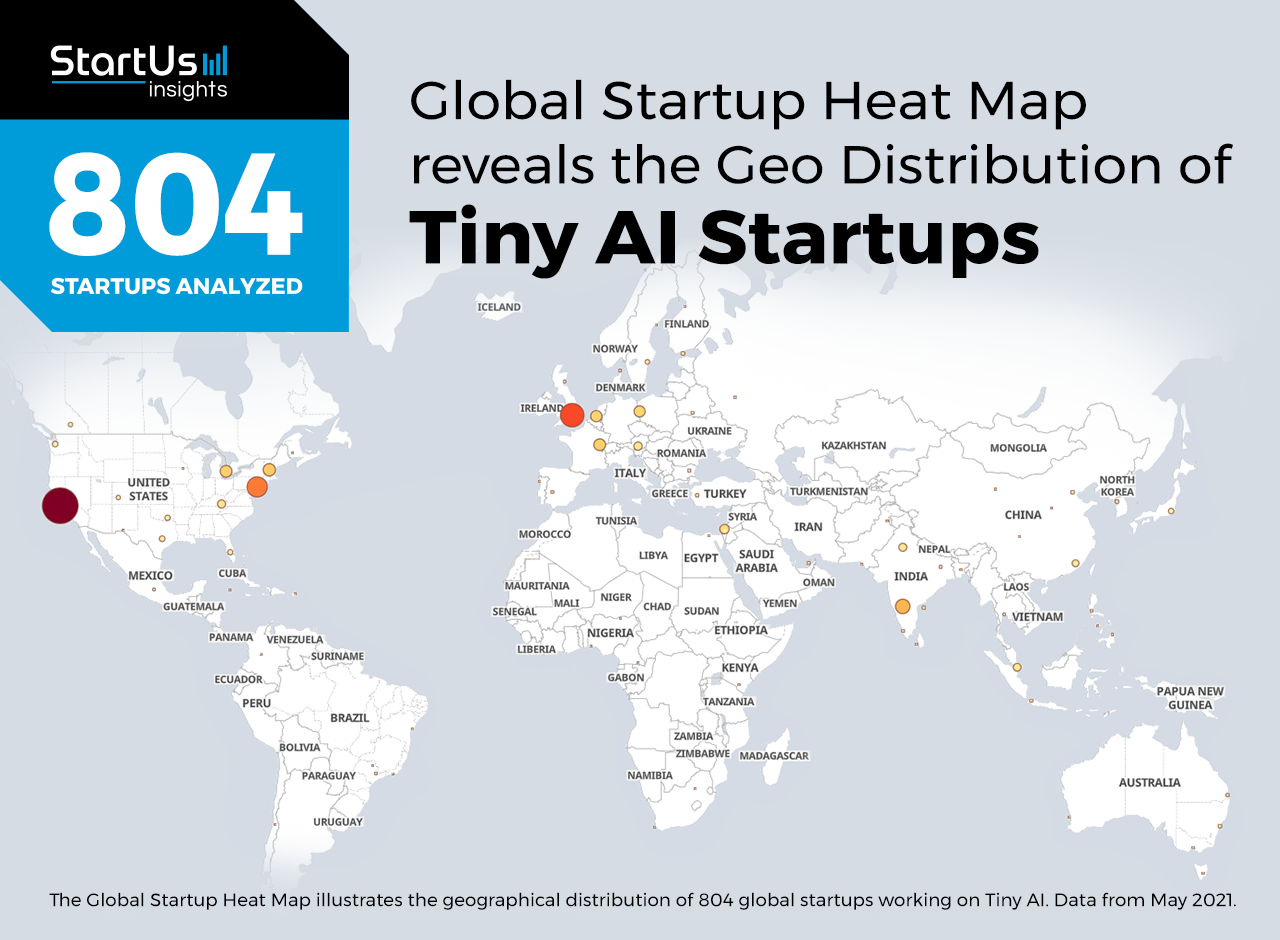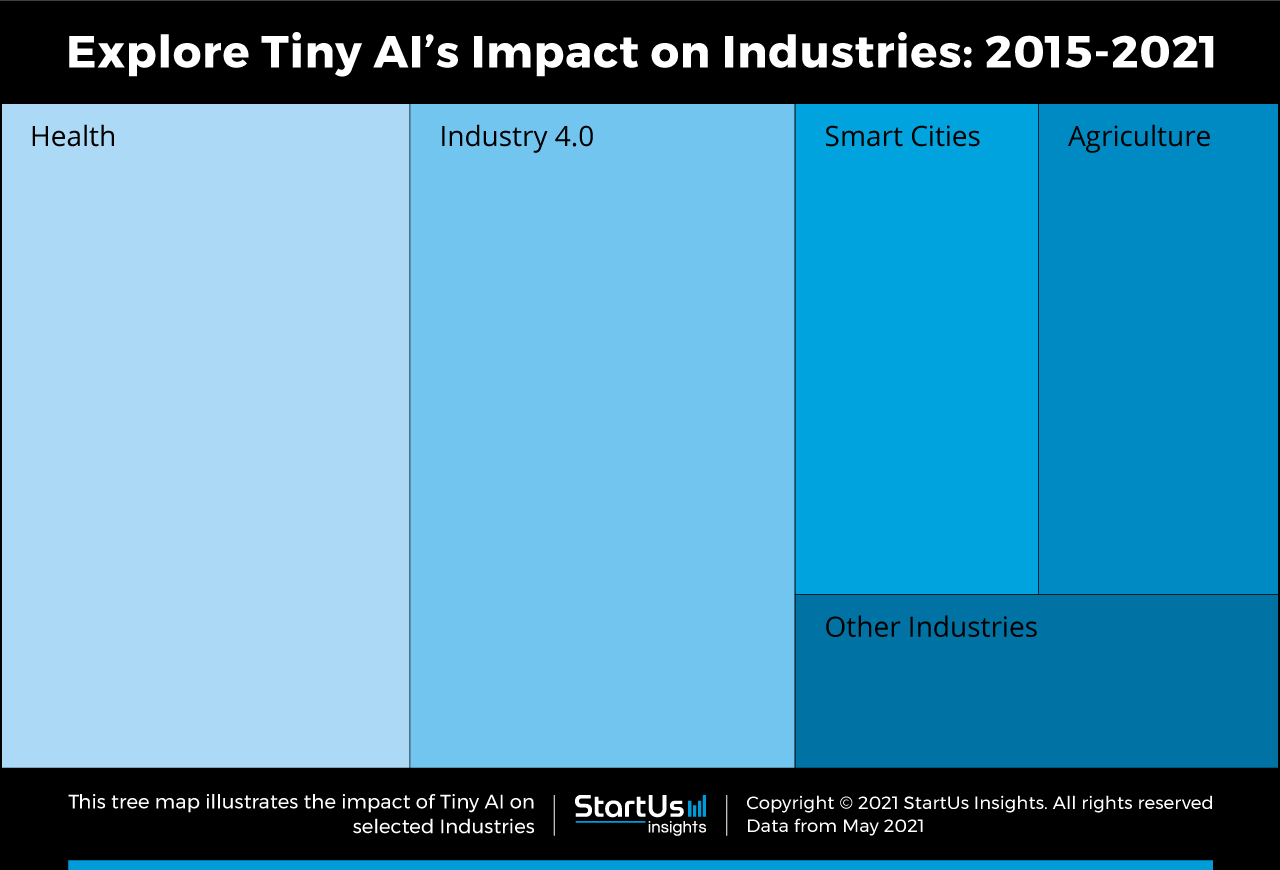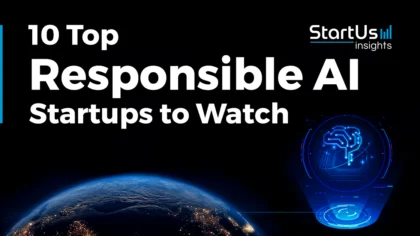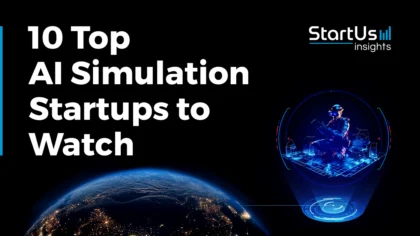The applications of artificial intelligence (AI) cover literally every sector, helping speed up processes, optimize operations, and automate tasks. The adoption of AI algorithms is rising exponentially and they often work behind the scenes to enable life as we know it. They are making homes and cities smarter by connecting them to software solutions on the cloud. Deep learning startups find insightful patterns in text, medical scans, and satellite images, to name a few kinds of datasets. Moreover, it allows Industry 4.0 and manufacturing tasks to be automated, leading to improvements in efficiency and productivity. However, AI has a massive problem that needs to be addressed fast.
It is not sustainable.
Tiny AI, an emerging trend in AI, aims to improve the sustainability of artificial intelligence. This emerging technology compresses AI algorithms such that they fit and run within microprocessors on consumer or the Internet of Things (IoT)-enabled devices.
As a company with a mission to map the world’s information on innovations, emerging companies, and technologies, we routinely look into emerging solutions that impact lives globally. To discover emerging tiny AI solutions, we used the StartUs Insights Discovery Platform, covering over 2 million startups & scaleups globally, to identify emerging companies that provide hardware and software solutions for tiny AI.
Global Startup Heat Map reveals the Geo Distribution of 804 Startups Developing Tiny AI Solutions
Let’s take a look at the global geographic distribution of 804 tiny AI startups & scaleups. The Global Startup Heat Map below gives you a clear picture of where the major hubs are, as well as up-and-coming regions that show significant activity. Startups working on tiny AI technologies are primarily located in the United States: California and New York. Another major hub is centered in London, UK. A high number of tiny AI startups & scaleups operate from Germany, the Netherlands, and India as well.
A single training session of GPT-3 is the same as traveling 700,000 kilometers by car
The development of AI algorithms requires multiple processors to run for long times which, in turn, uses up large amounts of energy. The high carbon footprint of AI is further exacerbated by the growing popularity of deep learning models. Deep learning models work with millions or billions of parameters and learn from humongous data sets. Cloud servers that store these data sets are also major contributors to greenhouse gas emissions. Generally, deep learning models require multiple training sessions before a model is ready to ship, leading to enormously high energy use. For instance, a single training session of GPT-3, a popular language model that produces human-like text, has the same carbon footprint as traveling 700,000 kilometers by car.
Tiny AI addresses the carbon footprint of artificial intelligence by enabling smaller algorithms that use far less computing power. These algorithms speed up the inference process while maintaining high levels of accuracy.
Atlazo offers Hyper-Low-Power AI
US-based startup Atlazo develops tiny edge devices. The startup’s system-on-chips (SoCs) leverage hyper-low-power AI to enable the development of always-on devices. The SoC architecture combines power management, neutral processing, and sensor fusion to run on low power. Atlazo’s devices find applications in activity trackers, virtual assistants, and health monitors.
On-device AI enhances privacy and safety for Smart Home Devices
As AI manifests in our everyday lives, it also raises several privacy concerns. For example, smart home devices use AI to personalize the experience for each user. However, they store large amounts of data, including data that is not particularly relevant for their applications, on the cloud – making it vulnerable to hacking. Privacy is a concern for enterprise IoT as well. Enterprise IoT solutions collected fragmented data from different devices, which if systems are breached, can yield sensitive information. This is why there is a demand for on-device AI solutions for both enterprises and consumers.
NumberEight provides On-device Context
NumberEight is a British startup developing tiny AI-based smart devices. The startup’s algorithms run on consumer phone hardware, eliminating the need to analyze data on the cloud. NumberEight’s solutions provide context-based insights for audio, content, and gaming applications. This boosts in-app revenues while ensuring that users’ personal data never leaves their devices.
Tiny AI enables high-latency to achieve faster processing times
A regular IoT device sends data to the cloud for processing. It then receives instructions from the cloud and serves the appropriate response. The wait for the response introduces a lag in the system that depends on the internet speed. The transmission also requires a significant amount of energy and bandwidth. By bringing advanced computing closer to the end-devices, tiny AI enables ultra-low latency. Think of Google Assistant, the voice assistant on Google’s phones and smart home devices. After Google trimmed down its code so that it runs on-device rather than sending data to the cloud for processing, it processes requests a lot faster than it did before.
Cachengo delivers Edge Analytics
US-based startup Cachengo brings analytics to the edge. The startup builds both hardware and software solutions for edge AI. It allows the processing of analytic workloads without a cloud or a data center. It utilizes massive parallelism to optimize neural networks and convolutional neural networks (CNNs). Cachengo’s solutions enable the execution of analytics at the data source with low latency.
Tree Map reveals the Impact of Tiny AI Across Industries
Based on our data-driven research, the Tree Map below illustrates the impact of the tiny AI on different industries. Startups and scaleups are advancing this trend with multiple approaches. Some are developing ways to make algorithms shorter, others are developing smaller hardware capable of running complex algorithms, and many more are developing ways to train deep learning models with smaller datasets.
Tiny AI enables Edge IoT Applications Across Industries
Tiny AI brings the capability to run machine learning (ML) models to the smallest of chips and a diverse range of devices. This allows devices to be smart without connecting to the internet. Think of an autonomous car that doesn’t need to connect to the cloud or using simply the mobile phone to diagnose diseases in remote areas without the internet. Along with better algorithms, advances in embedded devices are advancing the trend. This allows for the development of devices that consume very little power and run for months or years.
Let’s take a closer look at some of the most innovative startups & scaleups developing Tiny AI technologies.
Edgecortix enables Edge AI for Industry 4.0
Edgecortix, a startup based across the US, Japan, and Singapore, brings intelligence to edge devices for applications in Industry 4.0. The startup’s AI-based automated co-exploration engine enables the design of AI chips. These chips provide cloud-level performance to resource-constrained devices and enable latency-, cost-, and energy-efficient deep neural network inference.
CareBand develops Healthcare Wearables
US-based startup CareBand develops wearables for dementia care. The startup’s wearables use cost-effective long-range wide-area network (LoRaWAN) technology. Moreover, they offer support for embedded tiny ML models to extend their functionality. The wearables perform most of their computing locally, which in combination with power management techniques significantly extends battery life.
MPT AgTech offers Self-Sensing AgTech Equipment
Australian startup MPT AgTech manufactures equipment for AgriTech. The startup’s smart machines are self-sensing and self-adjusting in real-time. It offers a broadacre seeder that utilizes tiny AI and integrated sensors to monitor soil properties during seeding. The seeder works even without the internet, making it suitable for use in remote and rural areas.
Edgise offers Smart City Surveillance
Edgise is a Belgian startup that develops solutions for on-device and real-time processing of large amounts of data. By processing raw sensor data at the edge, the startup’s solution reduces response times and improves performance. For efficient surveillance in smart cities, it analyzes dynamic data collected from cameras or microphones. Moreover, it also reduces networking costs and reduces privacy risks that are there if the images were to be stored on a cloud.
What does Tiny AI offer your Business?
Regardless of the industry, sustainability is a growing concern for many businesses. On the other hand, deep learning algorithms and large datasets are critical to deriving crucial insights. Tiny AI allows you to balance these to make your advanced computing and analytics greener. Moreover, it empowers you to ship products and services that run faster and are more secure, and, in turn, boost your revenues.
Regardless of your industry and the solutions you are looking for, we bring promising startups and technologies closer to you. By enabling you to be precise, fast, and resource-efficient in choosing the right innovations, we take your business to the next level.










